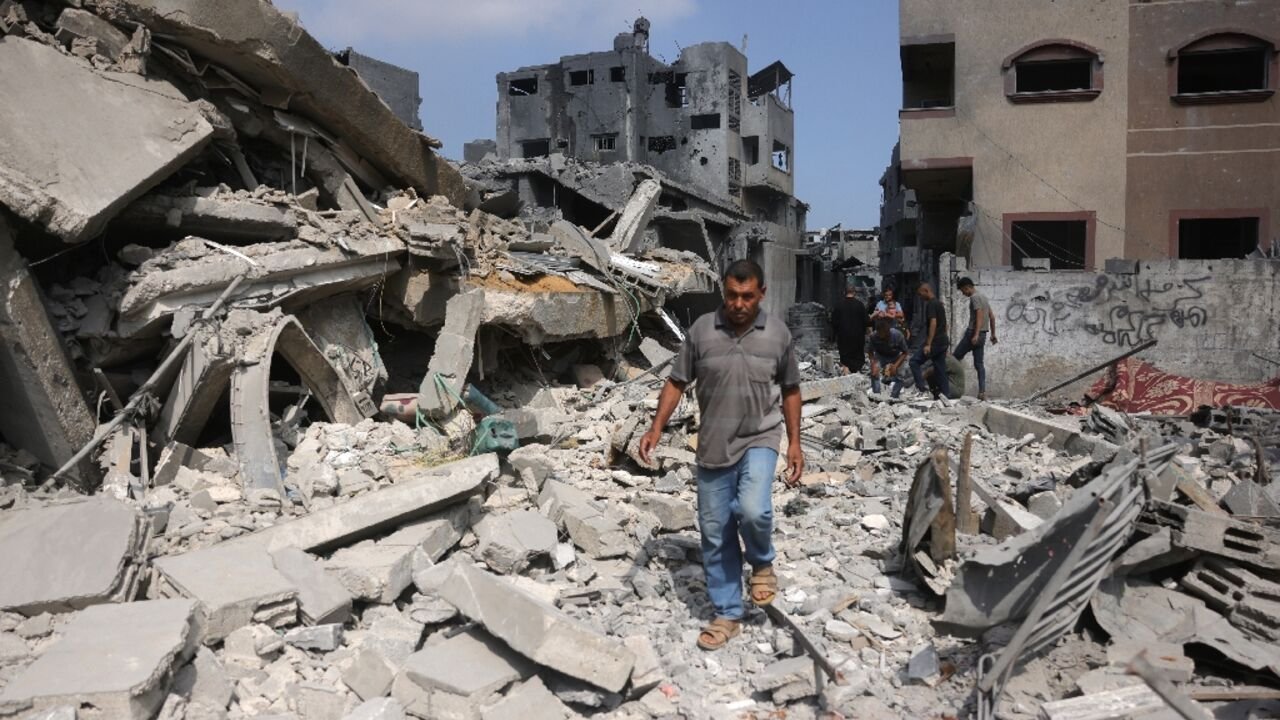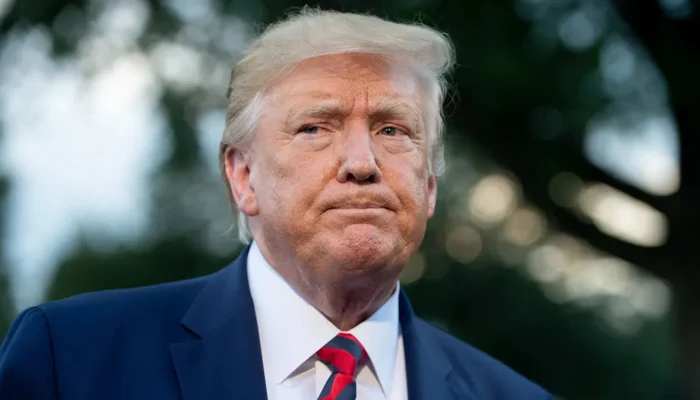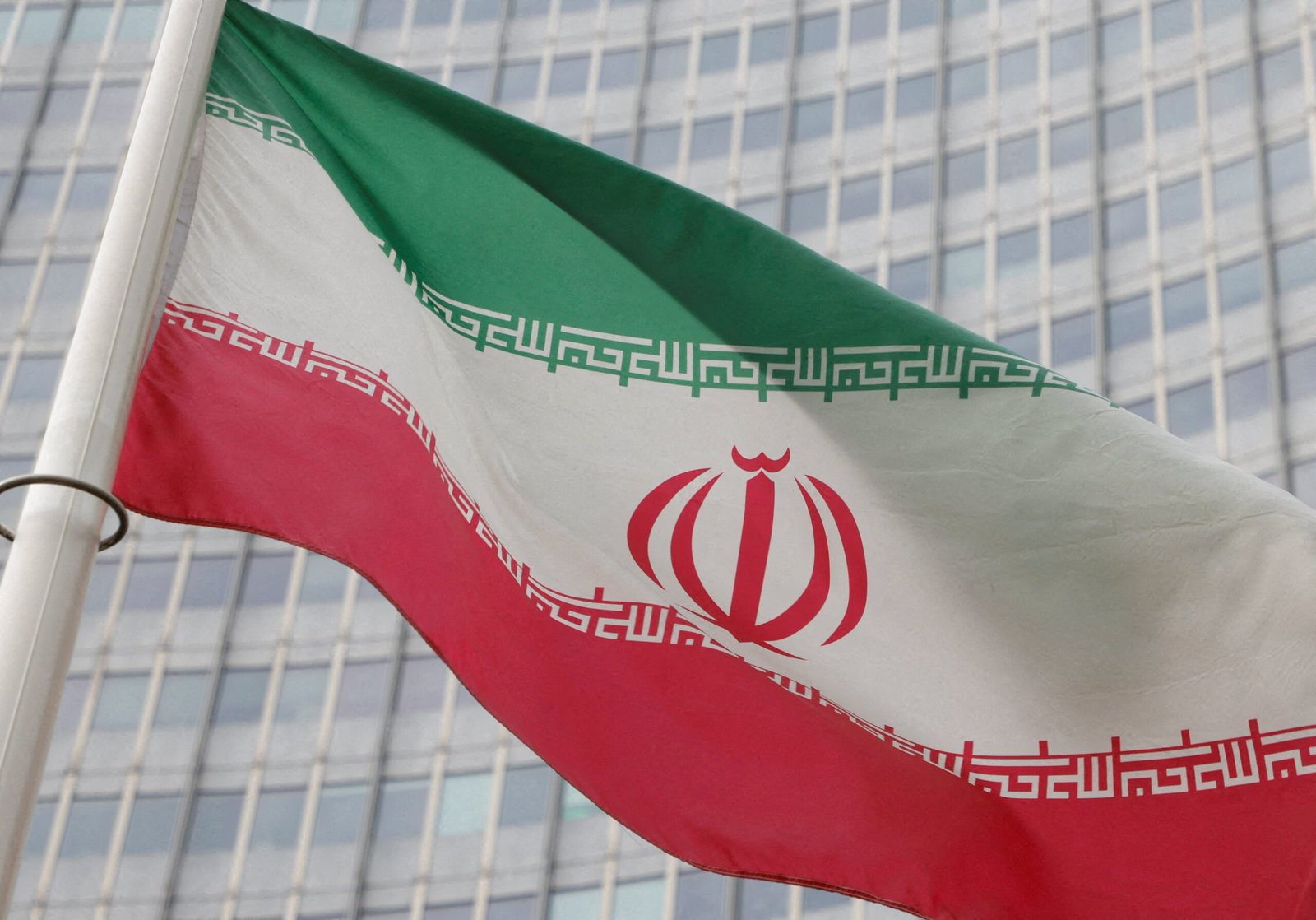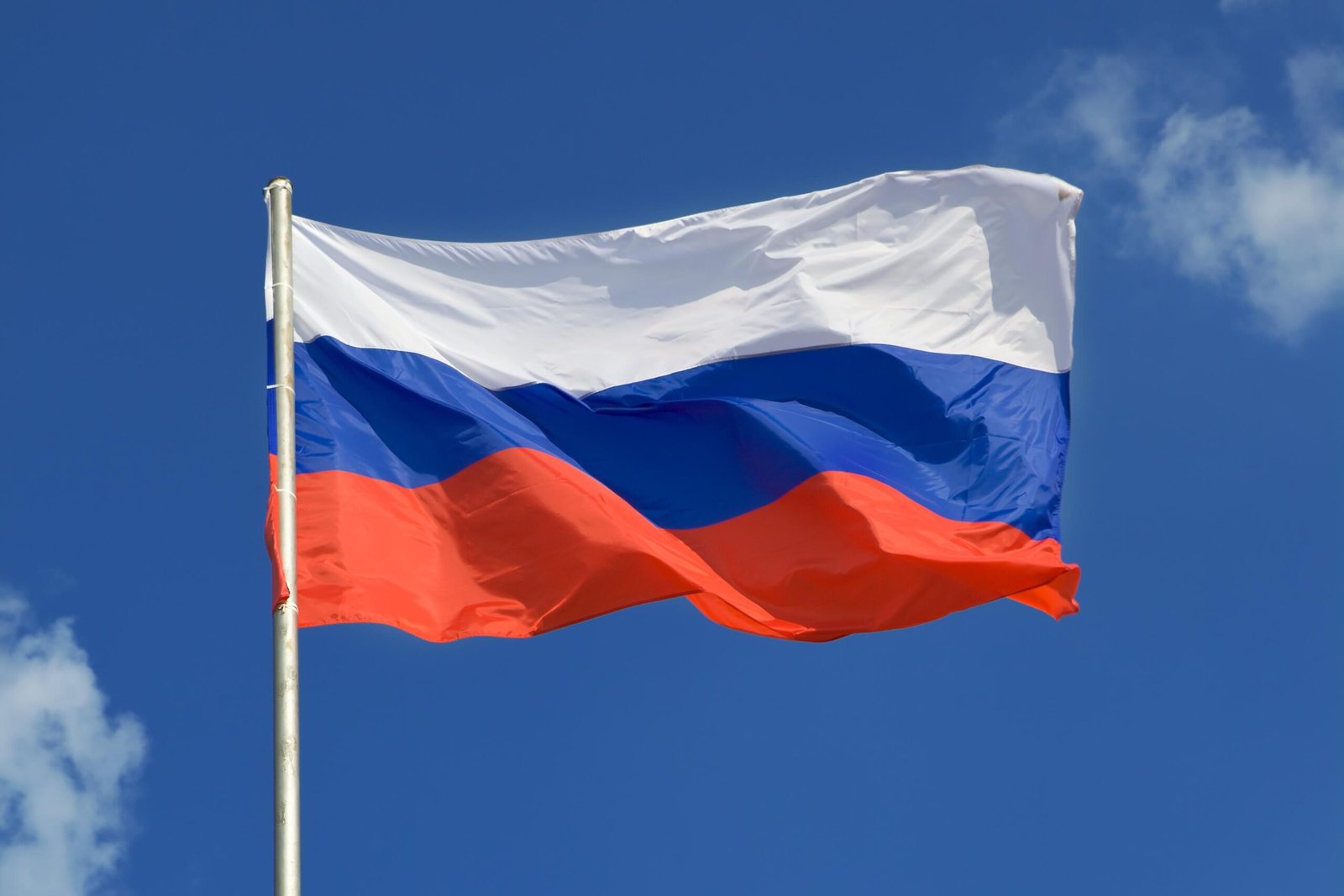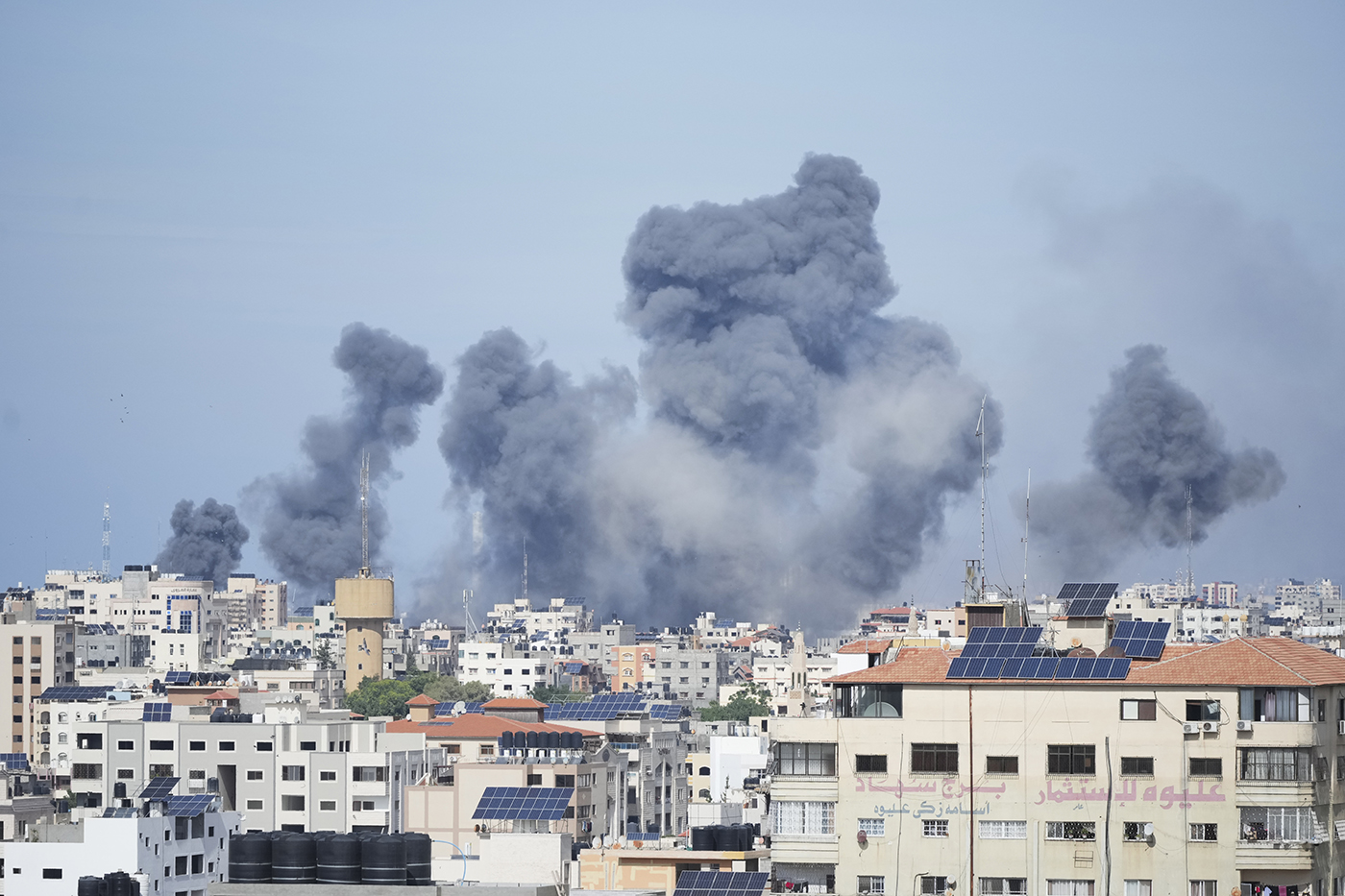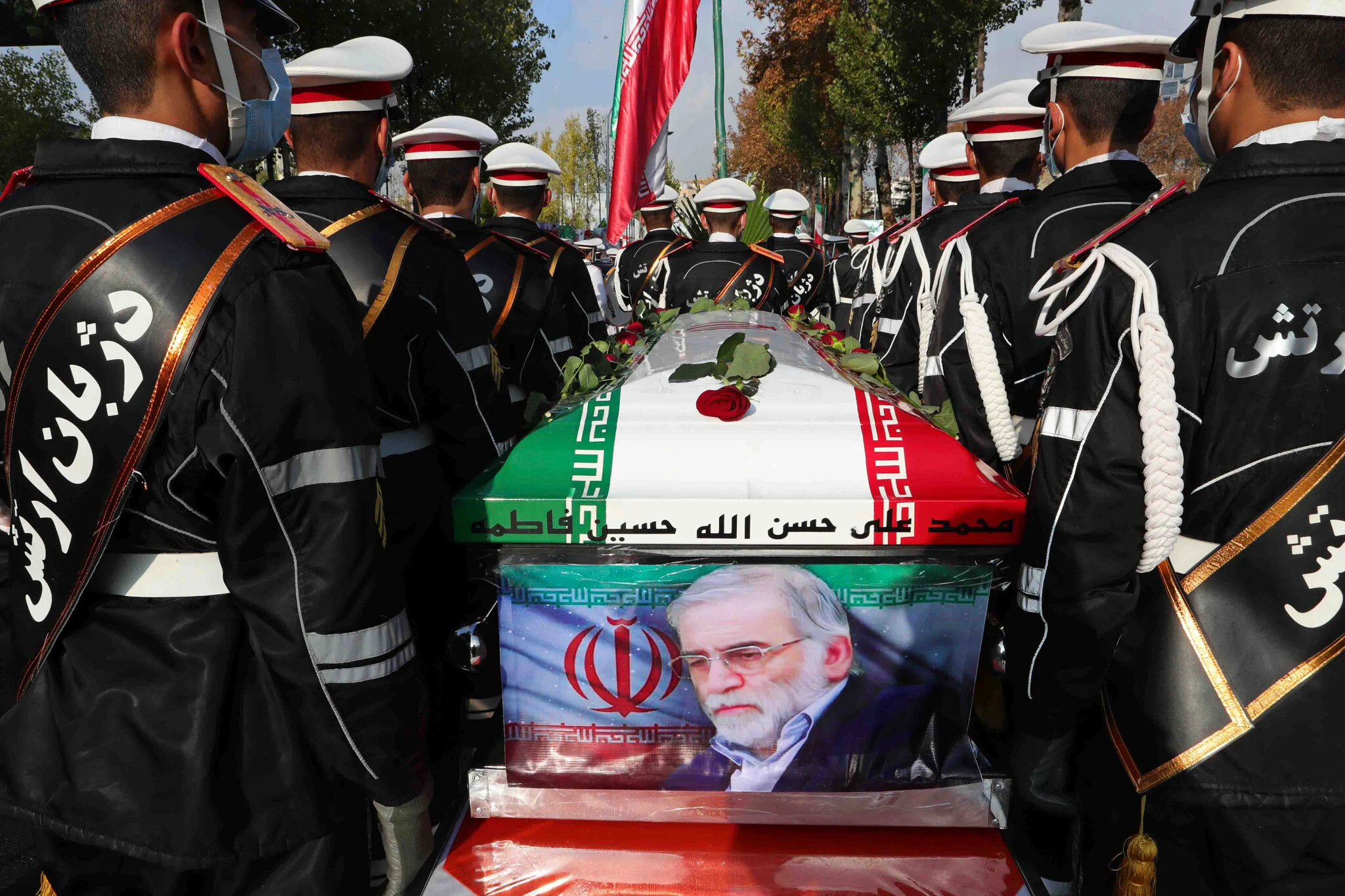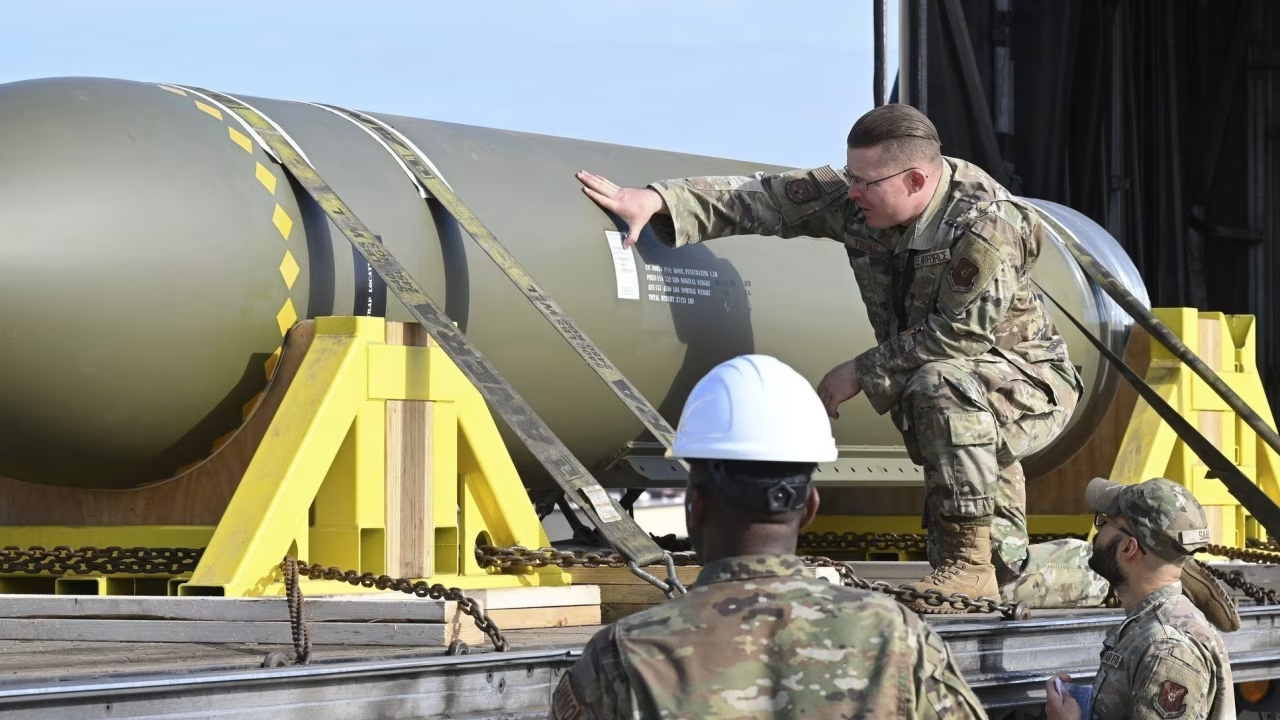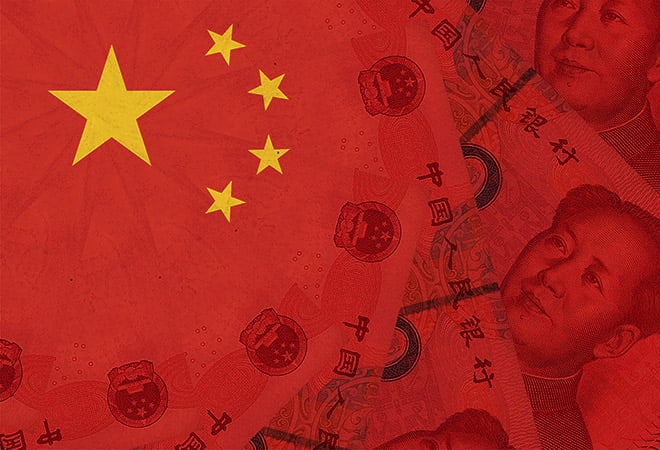Former U.S. President Donald Trump says American diplomacy helped prevent a potential nuclear war between India and Pakistan during a dangerously tense military standoff earlier this month.
The confrontation began after a deadly attack in the Pahalgam region of Indian-occupied Kashmir, which New Delhi blamed on Pakistan. In response, India launched airstrikes on areas in Punjab and Azad Kashmir on the night of May 6–7, causing civilian casualties. Pakistan retaliated by shooting down five Indian fighter jets, leading to a sharp escalation between the two nuclear-armed neighbors.
Both sides also carried out drone operations and targeted each other’s military airbases in tit-for-tat strikes. The situation reached a boiling point before the United States intervened to mediate. On May 10, Trump announced a ceasefire had been secured between the two countries.
In an interview with Fox News, Trump emphasized the severity of the crisis. “It had reached a point where nuclear war was a real possibility,” he said. When asked about his role in de-escalating the conflict, he described it as “a bigger success than I’ll ever be given credit for,” highlighting how dangerous the situation had become with both countries “angry” and “escalating rapidly.”
Referring to a potential nuclear clash as “the N-word,” Trump stressed, “That’s the worst thing that can happen.”
He added that trade played a critical role in his peace strategy. “I’m using trade to settle scores and make peace,” Trump said, pointing to his conversations with both Indian and Pakistani leaders. He praised Pakistan, calling its people “brilliant” and its products “amazing,” but acknowledged that trade between the two countries remains minimal.
Earlier this month, the U.S. imposed a 29% tariff on Pakistani goods as part of a broader trade crackdown. Despite this, Trump noted that both countries were eager to deepen economic ties, especially after the ceasefire.
He also touched on India’s high tariffs, calling them “almost impossible to deal with,” but said New Delhi was now willing to drop them entirely for American products. “That deal will come soon,” he assured, mentioning a zero-tariff offer from India.
This marked the third time in one week that Trump had publicly spoken about expanding trade with both Pakistan and India, crediting economic pressure as a major tool in ending the hostilities. He said he warned both nations that continued conflict would mean no trade with the U.S. at all.
The U.S.-brokered ceasefire brought an end to a week-long military flare-up, during which Indian strikes killed 40 civilians in Pakistan—including women and children—and injured over 120 people. Pakistan’s military also reported 13 soldiers killed and more than 75 injured.
Meanwhile, the United Kingdom has joined the U.S. in pushing for lasting peace. British Foreign Minister David Lammy, during a recent visit to Islamabad, emphasized the need for dialogue and confidence-building between the two nations. He also urged both countries to uphold the Indus Waters Treaty after India unilaterally suspended the agreement on April 23—a move that could significantly impact Pakistan’s water supply.
Pakistan is now preparing to launch international legal action against India for alleged violations of the water-sharing treaty. Officials say the ceasefire, while holding for now, remains fragile, and ongoing diplomatic efforts are essential to maintaining peace in the region.






